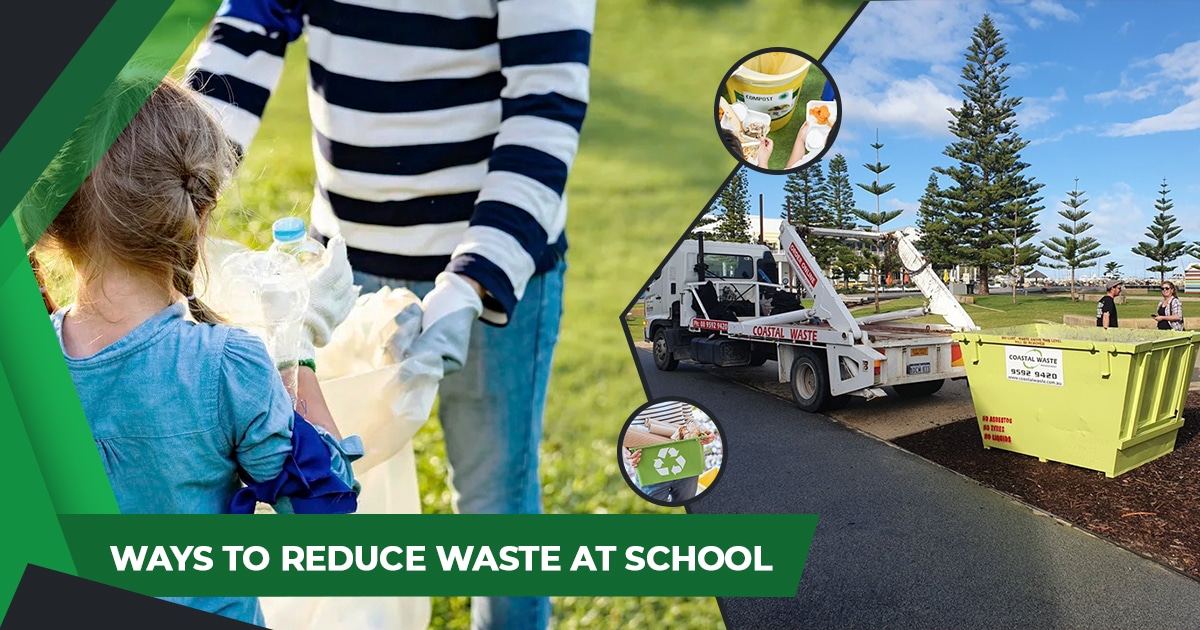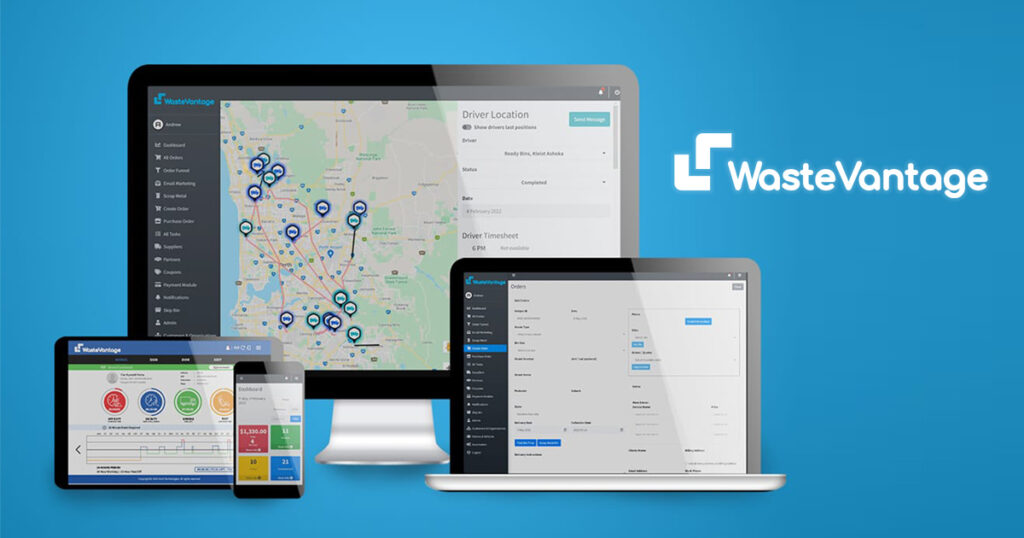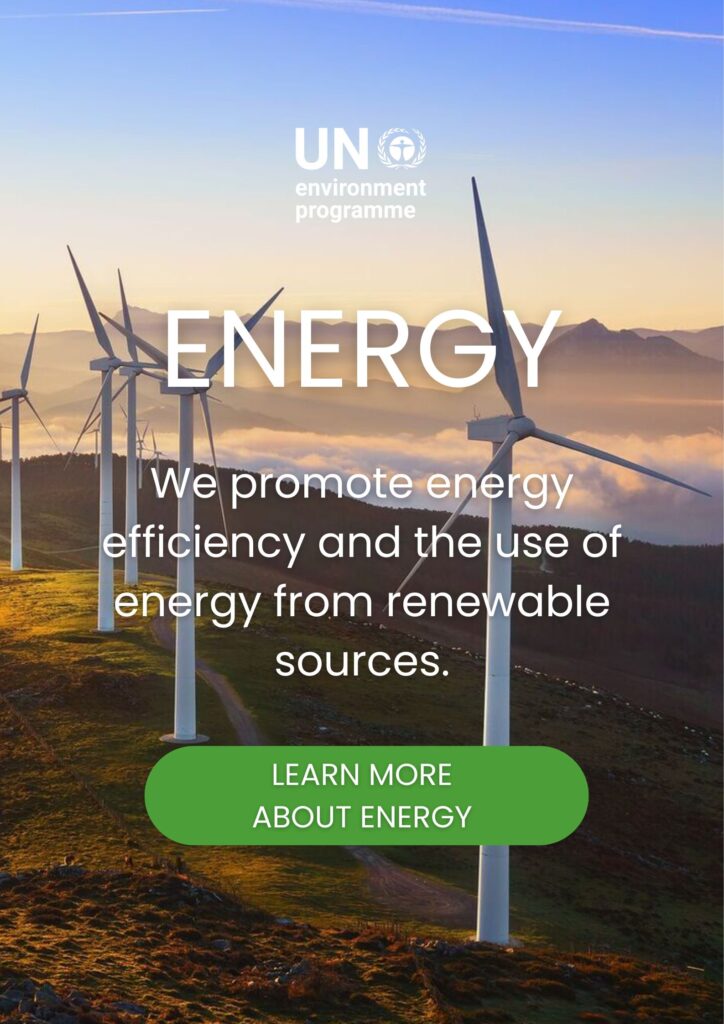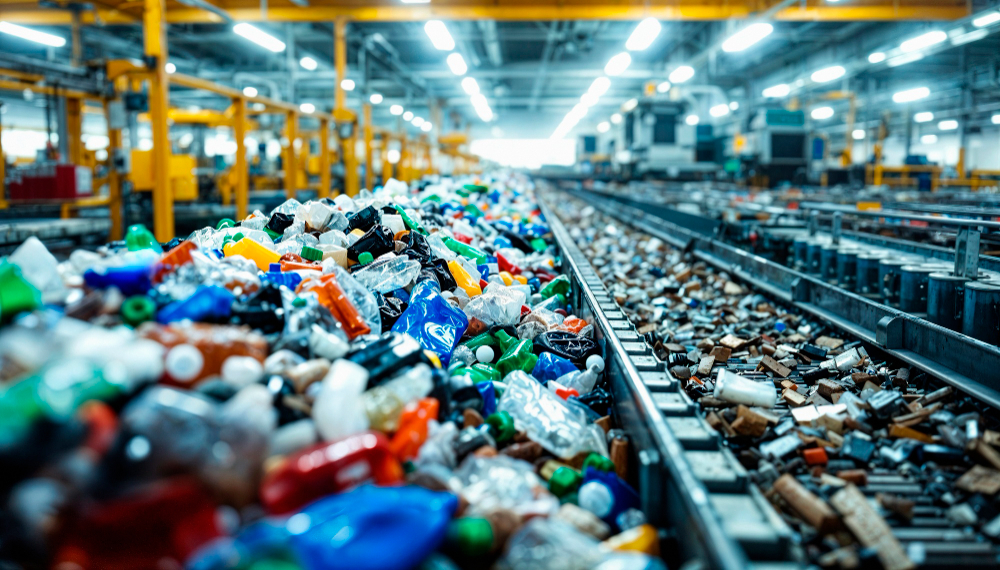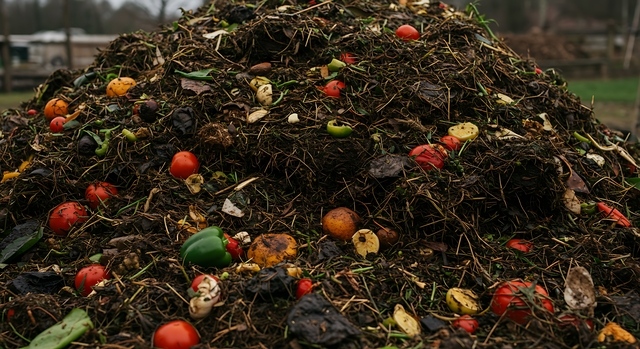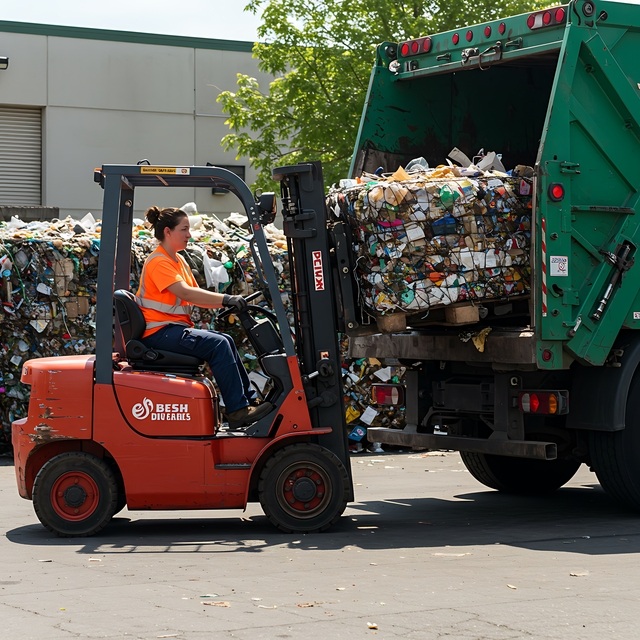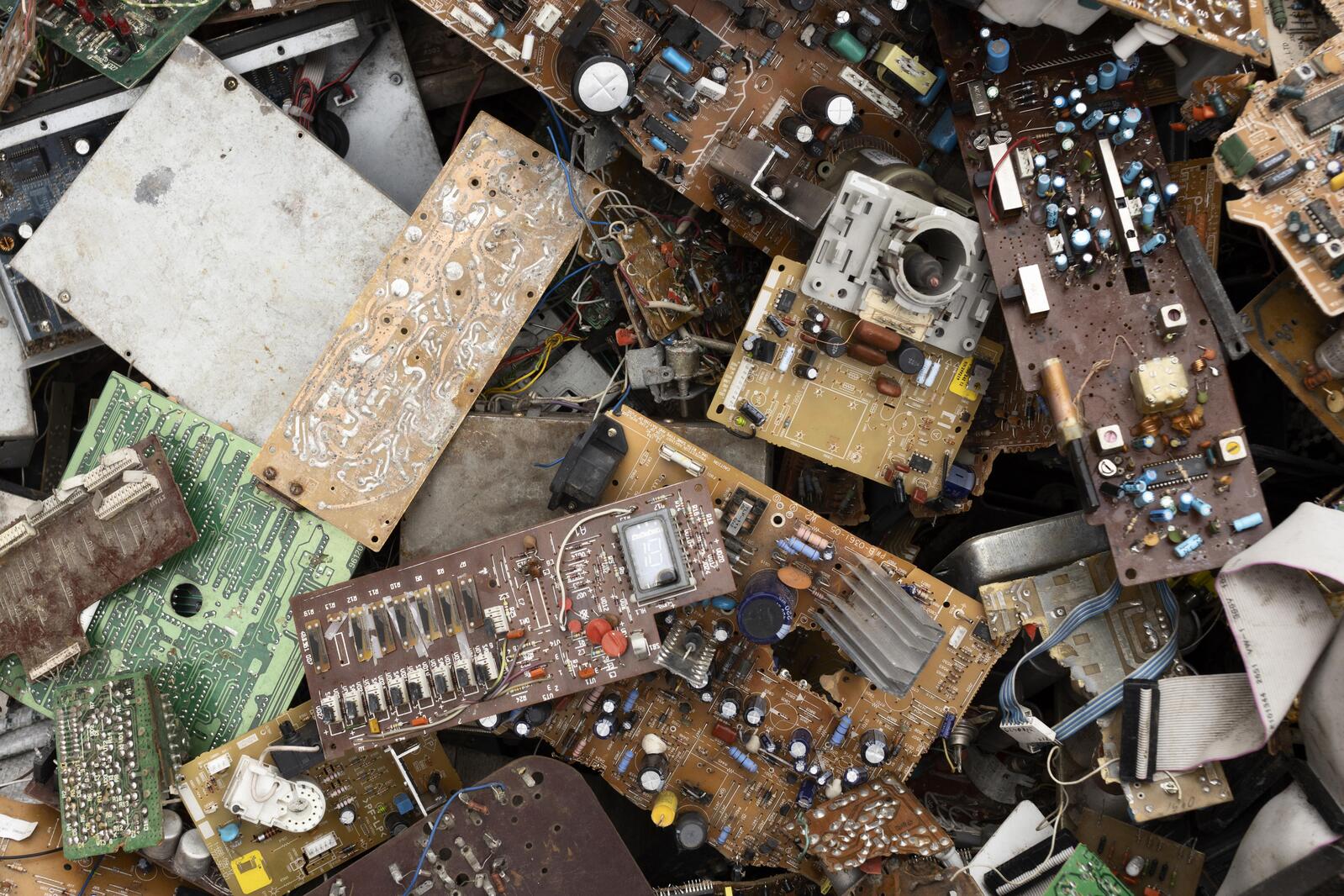Is Your Business Compliant with Waste Regulations in Australia?
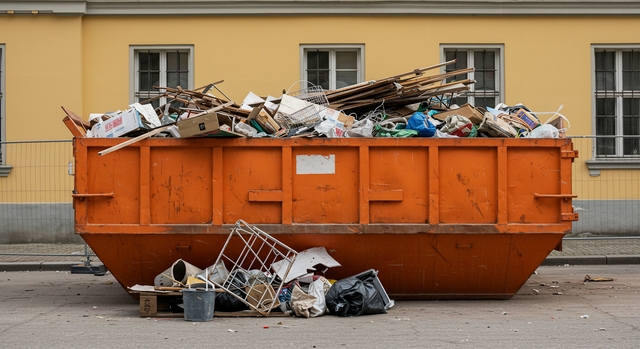
Proper waste management is more than just a green initiative. In Australia, businesses are legally required to comply with strict environmental regulations related to waste disposal, recycling, and reporting. Failure to do so can lead to serious penalties, damage to reputation, and even criminal prosecution.
Understanding and following waste regulations in Australia is essential for any business, large or small. From construction companies and hospitality providers to manufacturers and retailers, waste compliance affects all sectors. This guide will walk you through what the law says, how to stay compliant, and why it matters for your business.
Understanding Waste Regulations in Australia
Australia’s waste laws are governed at both the federal and state levels. Each state and territory has its own Environmental Protection Authority (EPA) responsible for implementing laws related to waste generation, transport, treatment, and disposal.
At the national level, the Department of Climate Change, Energy, the Environment and Water (DCCEEW) oversees broader waste policy frameworks, including:
- The National Waste Policy
- The National Television and Computer Recycling Scheme
- The Product Stewardship Act 2011
These policies aim to reduce landfill dependency, encourage recycling, and ensure producers take responsibility for the entire lifecycle of their products.
Key Areas of Waste Compliance for Businesses
1. Waste Storage and Handling
Businesses must store waste securely to prevent leaks, odours, and contamination. This includes using covered bins, labelling hazardous waste, and keeping storage areas clean. Improper storage can lead to environmental harm and fines.
2. Waste Classification
Businesses must accurately classify the type of waste they produce. Common classifications include general waste, recyclables, green waste, liquid waste, and hazardous waste. Misclassification can result in legal and health risks.
3. Licensed Waste Transporters
Businesses are required to use licensed waste transporters and disposal facilities. Ensure that the company collecting your waste is EPA-licensed and that proper documentation is kept for all transfers.
State-Specific Requirements You Should Know
New South Wales (NSW)
Under the Protection of the Environment Operations Act 1997, businesses generating over 200 tonnes of waste annually must report to the EPA and track certain industrial waste types.
Victoria
The Environment Protection Act 2017 requires businesses to follow the General Environmental Duty, minimising waste risks at every level of operation.
Queensland
In Queensland, the Waste Reduction and Recycling Act 2011 mandates that certain sectors, especially construction, manage and separate their waste responsibly.
Western Australia
The Waste Avoidance and Resource Recovery Act 2007 enforces waste tracking and licensing for controlled waste transportation.
The Role of Waste Audits
A waste audit reviews your current waste management practices. It assesses types and volumes of waste, disposal methods, and highlights areas for improvement. Regular audits help reduce costs and ensure compliance with waste regulations in Australia.
Recordkeeping and Reporting Obligations
Businesses must keep detailed records of their waste activities, including volume, type, transport documents, and disposal confirmation. These records help during inspections and support legal compliance.
The Cost of Non-Compliance
Violating waste laws can lead to serious consequences. Fines can range from $1,000 to hundreds of thousands. Other penalties include environmental cleanup orders, business suspensions, and even criminal charges for severe breaches.
Beyond the legal impact, non-compliance can damage a company’s public image and stakeholder trust.
Industry-Specific Considerations
Construction and Demolition
Firms must separate waste on-site and recycle building materials where possible. Many projects require documentation to meet environmental certification standards.
Hospitality and Food Services
Restaurants and hotels deal with food, packaging, and chemical waste. Composting and donation programs can reduce landfill use and support compliance.
Healthcare
Medical facilities must manage clinical and biohazardous waste under strict controls. Sharps and pharmaceuticals must be contained and disposed of through licensed operators.
Retail and Offices
These sectors are encouraged to reduce paper and packaging waste, and responsibly dispose of e-waste and printer cartridges.
Green Initiatives That Align with Compliance
Businesses that go beyond compliance often see benefits such as reduced costs and improved reputation. Initiatives may include:
- Joining product stewardship schemes
- Introducing recycling education for staff
- Reducing single-use packaging
- Switching to suppliers with sustainable practices
Practical Steps to Achieve Waste Compliance
- Understand national and state waste laws relevant to your industry
- Work with licensed waste contractors
- Train your staff in correct waste handling procedures
- Keep detailed records of waste activities
- Conduct internal waste audits regularly
- Implement strategies for waste reduction and recycling
Final Thoughts
Waste regulations in Australia are getting stricter, and non-compliance is not an option for modern businesses. By staying informed, training your team, and reviewing your processes, you can stay on the right side of the law while contributing to a healthier environment.
If your business has not reviewed its waste practices recently, now is the time. Compliance is not just about avoiding penalties. It is about building a responsible and sustainable future for your company and community.




